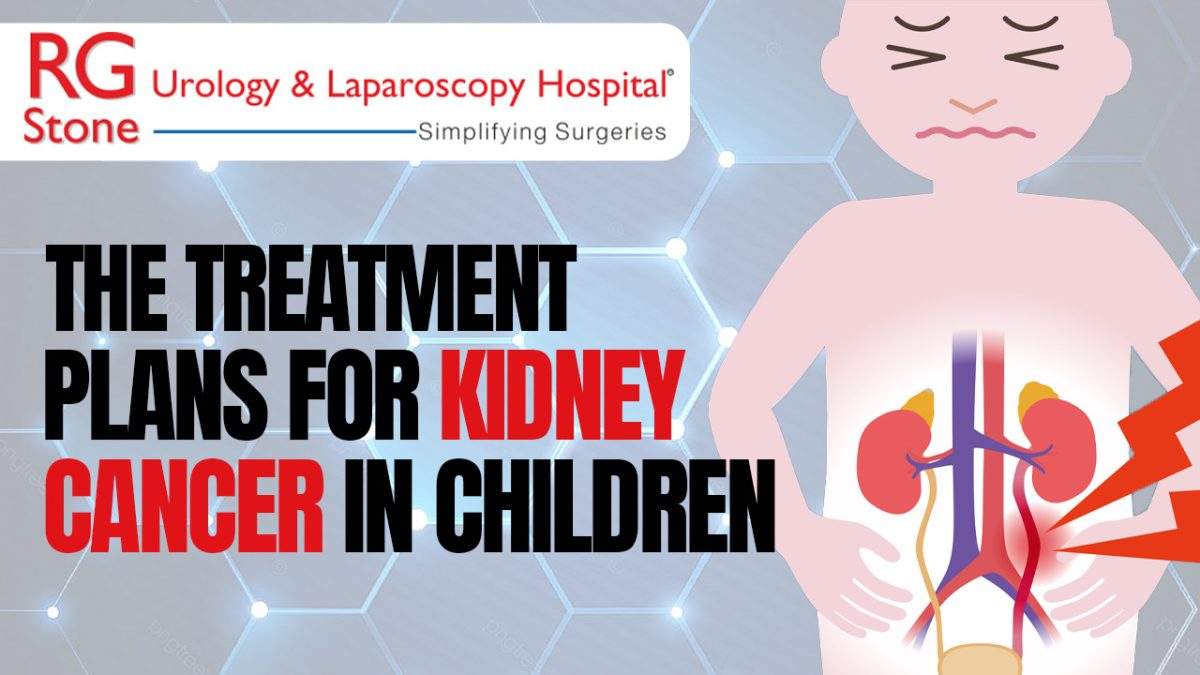Kidney is an important part of the human body. It purifies the oxygenated and deoxygenated blood. The best urologist deals with the problems related to the kidney. Nowadays, kidney cancer is very common in children because of different reasons. There are different types of kidney cancer.
What is the definition of Kidney cancer?
Kidney cancer is a disease that starts in the kidney. It happens when cells in one or both the kidneys. It grows out of control and forms a lump. This lump is known as the tumor. The best urologist offers you appropriate Kidney cancer treatment in Ludhiana. There are different types of Kidney cancer in children.
Types of the kidney cancer
- Wilms’ Tumor: it is also known as nephroblastoma. It is the most common form of kidney cancer in children. It occurs a little more often in girls, and is most often found in children younger than five.
- Renal Cell Cancer: the medical term for the RCC is renal adenocarcinoma or hypernephroma. This cancer causes changes in the cells of the renal tubules. RCC is more common than Wilms’ tumor after the age of 10 years.
- Congenital Mesoblastic Nephroma: It is mostly found during the first 3 months of life. There are some children who have an unusual type that can spread outside the kidney. This is more common if the disease is found after the age of 3 months.
What are the causes for kidney cancer?
There are several factors that are responsible for the kidney.
- smokers have almost twice the risk of developing kidney cancer as nonsmokers
- Workplace exposure to chemicals such as arsenic, some metal degreasers or cadmium used in mining, welding, farming and painting
- A family history of kidney cancer
- Being overweight or obese
- High blood pressure
- Having advanced kidney disease
- Men are more likely to develop kidney cancer.
Diagnosis of kidney cancer
Doctors use different ways to understand the appropriate cause of kidney cancer and for it following tests and scans are recommended.
Blood and urine tests: These tests do not diagnose kidney cancer but will check your general health and for any signs of a problem in the kidney.
Imaging tests: If kidney cancer is detected, you may have scans to see if the cancer has spread to other parts of your body, such as an ultrasound, chest x-ray, CT scan, MRI, or radioisotope bone scan.
Biopsy: A biopsy removes a tissue sample for examination under a microscope and is a common way to diagnose cancer.
The treatment plan for kidney cancer in children.
As per the situation of Kidney cancer, the best urologist in Ludhiana suggested the treatment plans and the main treatment for kidney cancer is surgery.
Surgery: A radical nephrectomy is the most common type of surgery for renal cell carcinoma. A partial nephrectomy can be an option for people who have a small tumor in one kidney. people with cancer in both kidneys and those who have only one working kidney.
Radiofrequency ablation: Radiofrequency ablation heats the tumor with high energy waves in order to kill the cancer cells. Your doctor will insert a needle into the tumor and an electrical current is passed into the tumor.
For the treatment of kidney stones contact the RG Stone Urology & Laparoscopy Hospital for appropriate treatment.



